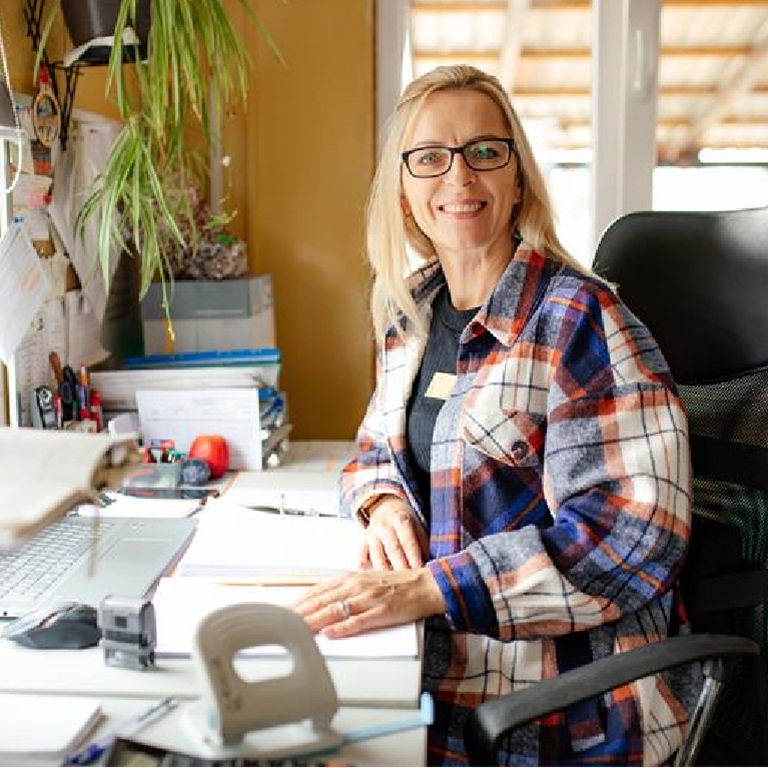If you’re thinking of working in the pub sector, here’s an overview of what you need to know. Running a pub is a dream vocation for many, who love the idea of being part of something that’s often at the heart of a community. Many people outside the pub trade may think that just involves happily chatting with locals on a Friday night – but that’s far from reality. This is a career where you need to wear many hats, including: manager; finance director; marketing and HR manager; as well as front-of-house duties. You'll also need to develop a business plan and consider your legal and social responsibilities.
Despite the challenges, it can be an extremely rewarding career for many. If you’re thinking of entering the pub industry, here’s our guide on how to get started and to help your business succeed.
Setting up Your Own Pub
Whether you dream of presiding over a cosy country local pub, a buzzing city bar, or an urban gastropub, there’s a lot to consider before your dream becomes a reality
Location and Type of Pub
Start by considering the type of pub that best suits your personality. Would you prefer a traditional drinking pub, or one that specialises in cask ales? Do you enjoy sports and entertainment venues, or would you like the space to run functions? Are you going to serve food, or step it up a notch with a fine dining establishment? Will you be happiest in a rural location, a town with lots of regulars, or a bustling city bar where you’ll meet lots of new faces?
Chat to landlords in different locations to get a feel of what’s right for you. Once you’ve narrowed down your location, research the surrounding area, demographics and foot fall, and look at how many other pubs are in the area too.
Business Model and Costs
There are three main types of business models, with varying levels of start-up costs. If you’ve never run a pub before, don’t run before you can walk! These three types usually relate to taking on an existing business.
A tenancy is usually at least a three-year commitment and costs between £20,000 and £50,000 to get started.1 You may also be able to get a tenancy to run a pub for a brewery.
Leasehold is the most popular option. Like a tenancy, a brewery or pub company owns the pub, but it’s a longer commitment – generally between 10 and 25 years. It costs anything from £50,000 to £250,000 to buy the lease.2
If you choose to go for freehold, this means it's your own business, you're the pub owner, and you’re on your own with regards to owning the building and making all decisions relating to suppliers, fixtures and fittings. The cost for freehold is often around one and a half times its turnover. The initial investment for pub owners could range from £60,000 to £3 million for a prime city spot.1&2
Marketing
If you want to ensure your pub's success, you also need to think about how to entice customers through your doors. Devise a marketing plan with a mixture of different methods to maximise your reach. This could include setting up a website, advertising in local media, holding special promotions – such as two for one, happy hour or meal deals – and announcing them on the noticeboards outside the pub. Don’t forget to network locally with other business owners and local chambers of commerce.
What do You Need to Run a Pub?
Before you can throw open your doors and start serving customers, you need to make sure you have the appropriate licences and protection in place. Pub businesses need two licences and will legally need some kind of insurance cover.
Pub Licences
You must have someone on the premises with a personal licence in order to sell alcohol. This person will be named the Designated Premises Supervisor (DSP),and will be able to act as a valid DSP for any venue with a premises licence.3
You’ll also need a premises licence. This authorises you to sell alcohol and perform other licensed activities, such as public entertainment and selling hot food and drinks between 11pm and 5am, from your venue.4 Read more about how to get a pub licence.
Please be aware that the following information is relevant to England and Wales, and may differ for those based in Northern Ireland and Scotland. You can visit your local authority via the Gov.UK site.3
Pub Insurance
All landlords are legally obliged to hold adequate pub business insurance, but your requirements will vary depending on your business model. As a general rule, you should have cover for public and products liability, employers liability, contents, business interruption, and for money on the premises. This includes money in a safe and en route to the bank. All freehold owners also need building insurance, but if you opt for a tenancy or leasehold, the property owner may cover this.
Pub insurance is a specialist field, so we advise you know what cover you need and have the appropriate insurance in place to help protect you. This is where an insurance broker specialising in arranging pub insurance should be able to help. You can seek their advice and discuss options to ensure you have adequate cover for your requirements.
Loss of Licence Insurance
It would be detrimental to a pub if the landlord lost their alcohol licence meaning they were unable to sell alcohol. A licence may be revoked or not renewed for a number of reasons, such as public safety, crime and disorder or selling alcohol to minors. Landlords should consider adding loss of licence cover to their business insurance policy to cover costs and expenses incurred when appealing the loss of licence.
How Much Does Pub Insurance Cost?
The cost of your pub insurance will depend upon the level of insurance you need, and the various covers you take out, like the ones described above. The business model you choose will also have an impact as you may need more or less insurance cover, which could change the total amount you need to pay. Speak to an insurance broker who can help you understand your needs and get you the right level of cover for your circumstances.
Sources
1. startups.co.uk/how-to-start-a-pub
2. howtorunapub.co.uk/guide-to-buying-a-pub
3. gov.uk/alcohol-licence-your-area
4. gov.uk/alcohol-licensing#personal-licence
Real-world insight that we don't share anywhere else
Get access to exclusive help, advice and support, delivered straight to your inbox.
You Could Save Over 35%*
Contact our team to receive a no obligation, instant quote today.
* Please click here to view our pricing disclaimer.
You Could Save Over 35%*


